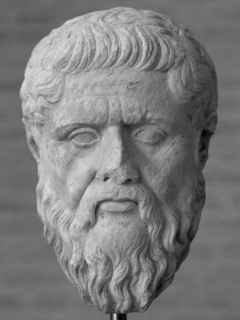
Publication details
Publisher: Springer
Place: Berlin
Year: 1997
Pages: 81-108
Series: Studies in East European Thought
Full citation:
, "Gustav Shpet and phenomenology in an orthodox key", Studies in East European Thought 49 (2), 1997, pp. 81-108.


Gustav Shpet and phenomenology in an orthodox key
pp. 81-108
in: Studies in East European Thought 49 (2), 1997.Abstract
Gustav Gustavovich Shpet (1879--1937) is undoubtedly best known for introducing Husserlian phenomenology to Russia. He applied to aesthetics and the philosophy of language the principles he had discovered in Husserl's Logical Investigations and Ideas I. But, perhaps without knowing it, he modified the phenomenology he had found in Husserl. His modifications show a thinker who is thoroughly grounded in Russian religious thought of the late nineteenth and early twentieth centuries. The result is a philosophy that combines Husserl's analysis of the structure of consciousness with the fundamental Platonism of Orthodoxy, the doctrine of incarnation, and the related notion that matter is to be venerated.
Cited authors
Publication details
Publisher: Springer
Place: Berlin
Year: 1997
Pages: 81-108
Series: Studies in East European Thought
Full citation:
, "Gustav Shpet and phenomenology in an orthodox key", Studies in East European Thought 49 (2), 1997, pp. 81-108.



